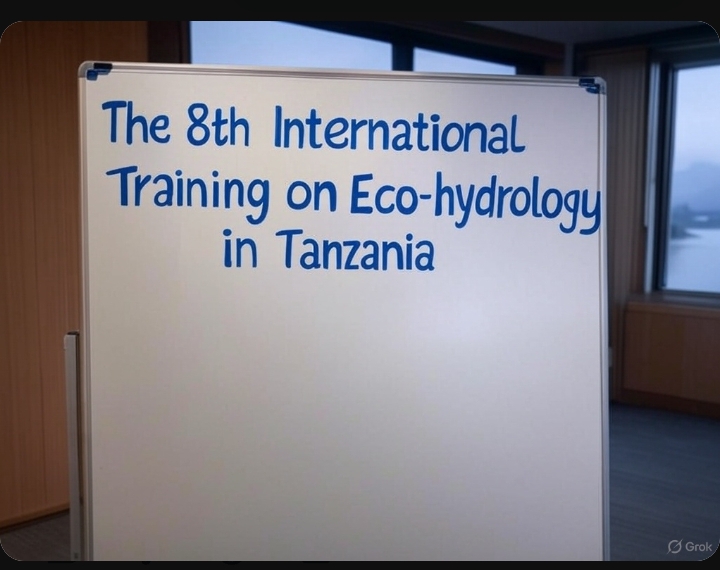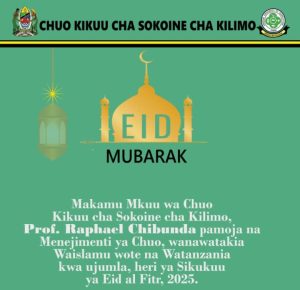Background
Forestry and Value Chains Development (FORVAC) aims to contribute in increasing economic, social and environmental benefits from forests and woodlands while reducing deforestation. The expected outcome of FORVAC is “Improved forest-based income, livelihoods and environmental benefits”. Outcomes are expected to be achieved through the following outputs:
Output 1: Improved Value Chains and increased Private Sector Involvement in the forest sector. Key interventions:
1.1 Establishment and Mobilization of Village Land Forest Reserves (VLFR); and
1.2 Support to value chains development
Output 2: Stakeholder capacity to implement and promote forestry value chain development enhanced. Key interventions:
2.1 Improved institutional and management capacities of Village Councils and VNRC to implement CBFM and develop forest value chains;
2.2 Improved capacities to support and monitor CBFM/forest and related value chains and incorporating HRBA aspects; and
2.3 Forest products value chains/market system and business development skills incorporated in curricula of relevant training institutes.
Output 3: Functional extension, communication, monitoring systems; and management Information System (MIS) in place. Key interventions:
3.1 Enhanced extension and communication services; and
3.2 Monitoring and Management Information System (MIS) established.
Output 4: Supportive legal and policy frameworks to forest value chain and sustainable forest management developed. Key interventions:
4.1 Improved policy and regulatory framework for forest value chain development; and
4.2 Support to development of forest law enforcement, forest governance and trade of legally sources timber
The implementing agency of the programme is the Forest and Beekeeping Division (FBD) of the Ministry for Natural Resources and Tourism (MNRT), in close cooperation with Tanzania Forest Service (TFS) and the President’s Office Regional Administration and Local Government (PO-RALG).
Research Support to Masters Students
The programme intends to provide financial support to dissertation research to students of superior academic ability, selected on the basis of demonstrated achievement, financial need, and exceptional promise—to undertake study in selected fields of interest to FORVAC activities in Tanzania. The support will be to meet the costs of research and dissertation writing and submission. The programme will not finance fees or stipends to the selected students.
The following are broad areas/topics the programme can support:
1) Natural Wood Timber Grading System in Tanzania (document the system in use) and Cameroon -comparative study;
2) How do women benefit from Community Forestry? (qualitative research, a few areas appointed, comparison of communities who gain income from the VLFR, and who don’t. What products do women get from the forest and do they see any extra value in having it reserved for future);
3) Charcoal Value Chain (market system analysis, and in cluster areas for the source: species, etc. processing, buyers, etc.);
4) Quality of Community Timber (qualitative study, interviews within the furniture industry, why many industries import timber for furniture?); and
5) Non-wood forest products (mushroom) in cluster areas.
Therefore, applications are invited from students who have finished their coursework. Target beneficiaries are students taking their Msc. in Forestry, Environmental and Natural Resource Economics, Management of Natural Resources, Wildlife and Tourism. Female candidates are highly encouraged to apply.
How to apply
Interested candidates should send their CV, academic transcripts, certificates and letter of motivation and a 1-2 pages Concept Note. Applications should be submitted by email: abdallah@sua.ac.tz. Shortlisted candidates will be invited for interview on 3rd November 2020.
Deadline to receive applications: 29th October 2020 3.30 pm afternoon



